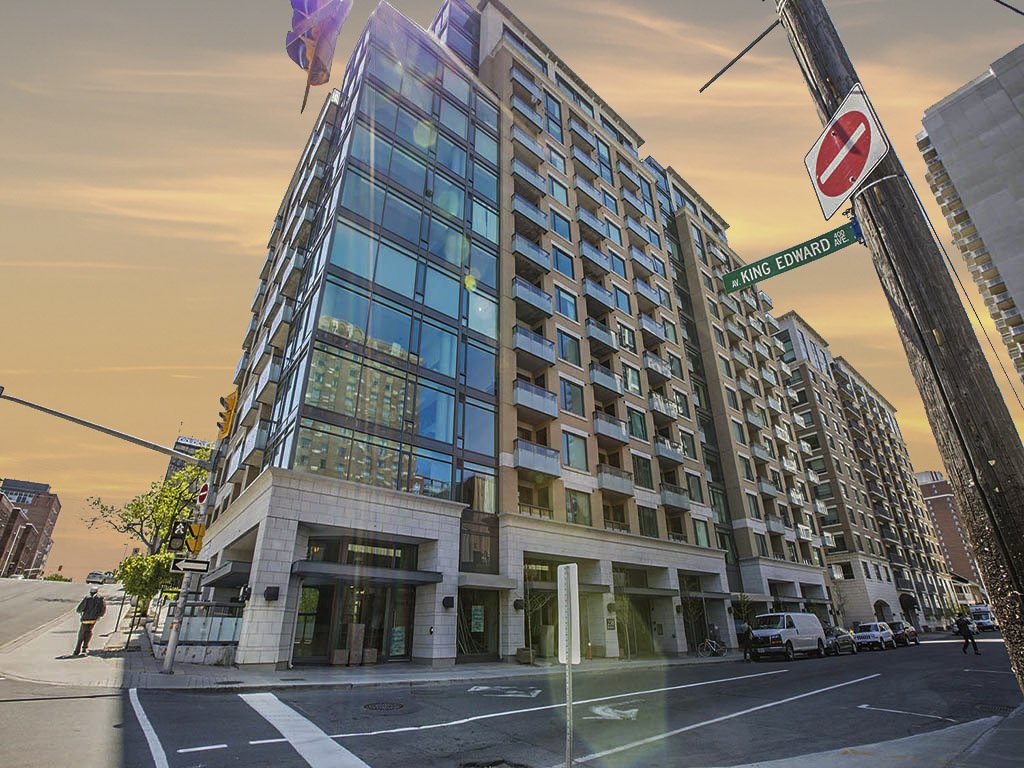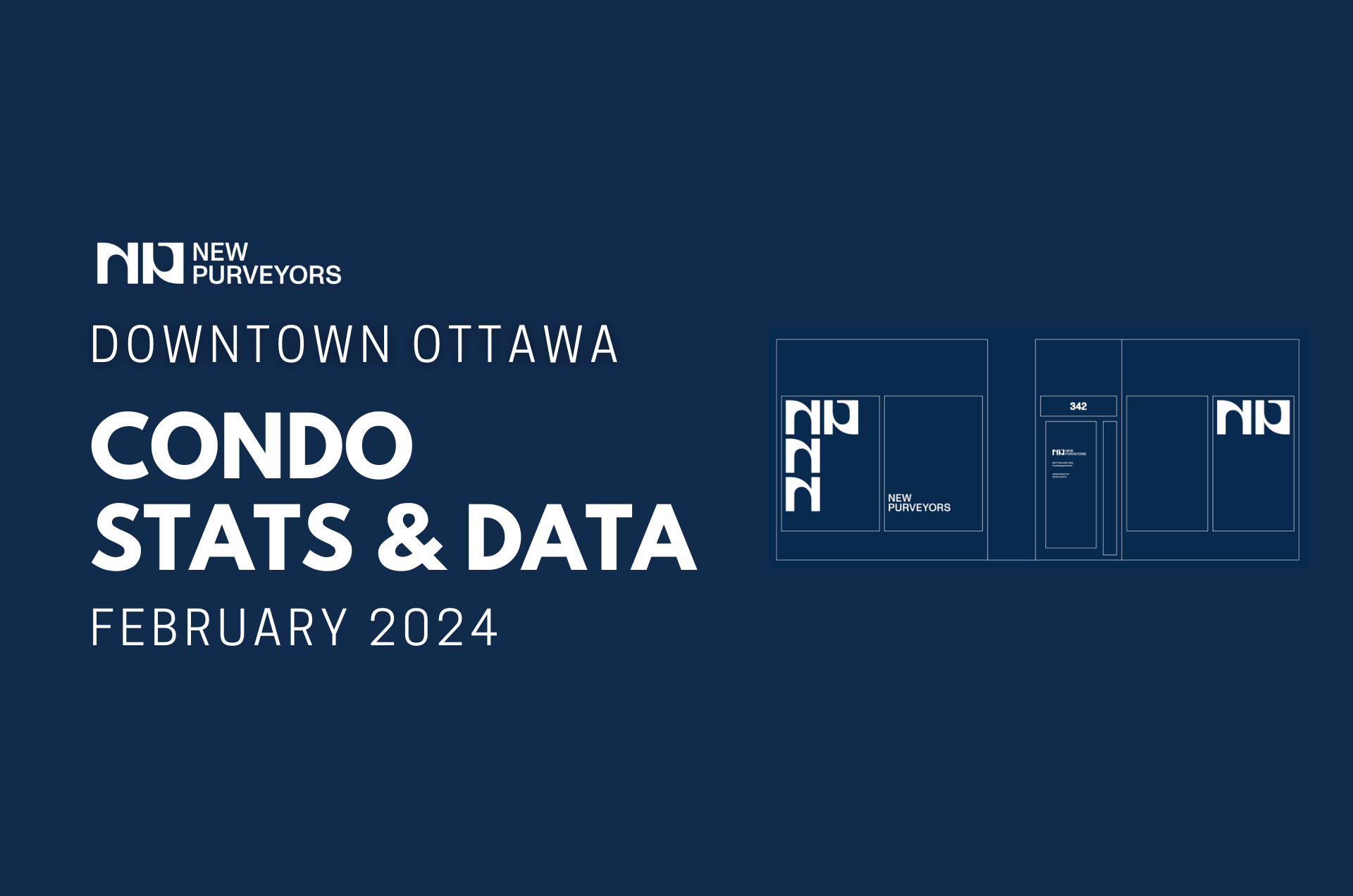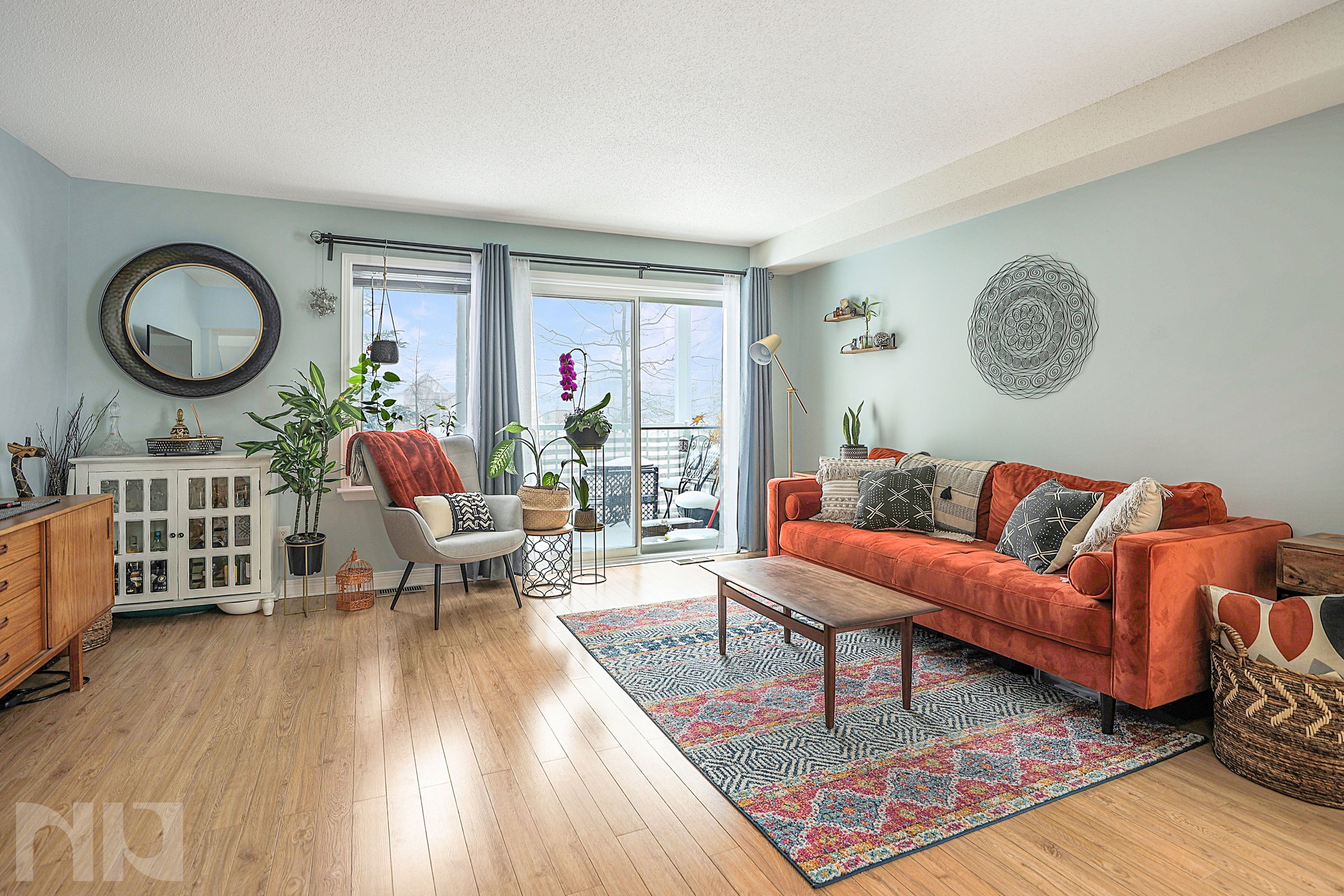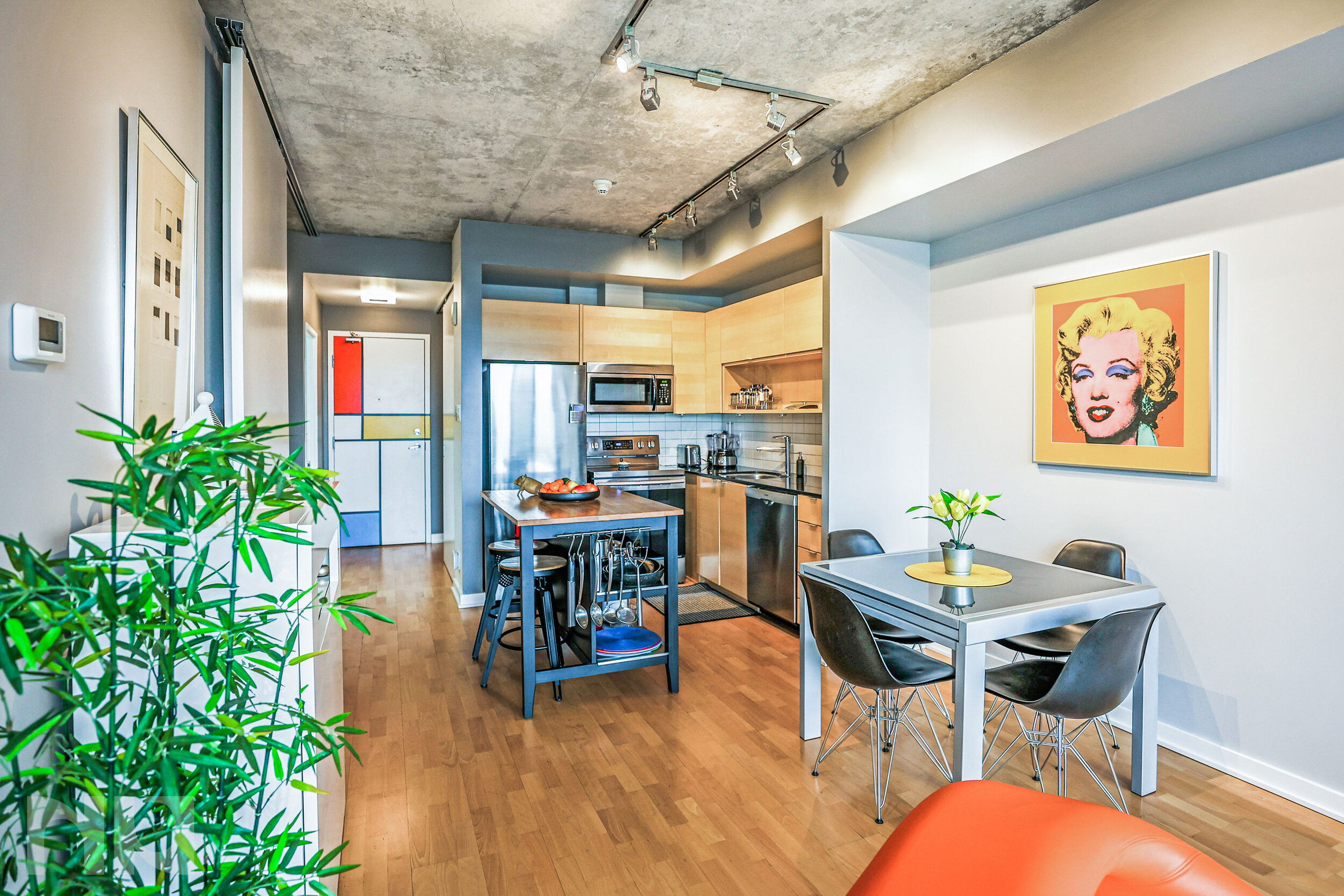
Understanding the resale value of a condo is pivotal for both potential buyers and sellers. Assessing this value involves a mix of market research, property evaluation, and an understanding of local dynamics. Here's a comprehensive guide to help you determine the resale value of a condo:
Research Comparable Sales:
Identify Recent Sales: Look for condos in Ottawa of similar in size, location, age, and amenities that have been sold in the past six months to a year.
Analyze Prices: Compare the sale prices of these Ottawa condos to get an average price per square foot. Adjustments can be made for features like views, floor level, and renovations.
Consider the Location:
Neighbourhood Trends: Assess the desirability of the neighbourhood. Factors like proximity to Ottawa’s public transport, schools, shopping centers, and parks can significantly influence resale value.
Future Development: Research upcoming infrastructure projects, commercial developments, or zoning changes that might impact the area's appeal and, consequently, condo prices.
Evaluate Building and Unit Features:
Building Amenities: Condos with premium amenities like gyms, pools, concierge services, and security features tend to have higher resale values.
Unit Upgrades: Consider the condition of the condo. Upgrades such as modern kitchens, updated bathrooms, hardwood floors, and energy-efficient appliances can enhance resale value.
Assess the Building's Reputation:
Association Health: A well-managed condo association with healthy reserves and proactive maintenance can be a selling point and positively influence resale values.
Maintenance History: Inquire about the building's maintenance history, any recent major repairs, and upcoming maintenance plans. A building with a history of well-maintained common areas and timely repairs often commands higher resale prices.
Factor in Market Conditions:
Market Dynamics: Understand if you're in a buyer's or seller's market. In a seller's market with high demand and low supply, resale values might be higher due to increased competition among buyers.
Economic Indicators: Consider broader economic factors like interest rates, employment rates, and consumer confidence. A robust economy generally supports higher property prices.
Consult with Real Estate Professionals:
Local Agents: Engage with local real estate agents familiar with the condo market. They can provide insights, recent sales data, and trends specific to the area, making your assessment more comprehensive.
Appraisers: For a more precise valuation, consider hiring a certified appraiser specializing in condos. They'll provide an unbiased assessment based on the property's condition, comparable sales, and market conditions.
Review Historical Appreciation:
Price Trends: Analyze the historical appreciation rates of condos in the area over the past few years. While past performance doesn't guarantee future results, it can provide a trend perspective.
Growth Potential: Evaluate the condo's potential for future appreciation based on planned developments, infrastructure improvements, or shifts in the local economy.
Assessing condo resale value requires a multifaceted approach that considers both micro and macro factors. By combining thorough research with expert insights from professionals like real estate agents, you can gain a clearer understanding of a condo's resale potential. Such collaborative efforts ensure that you're well-informed, whether you're buying, selling, or exploring investment opportunities in the dynamic condo market.


































